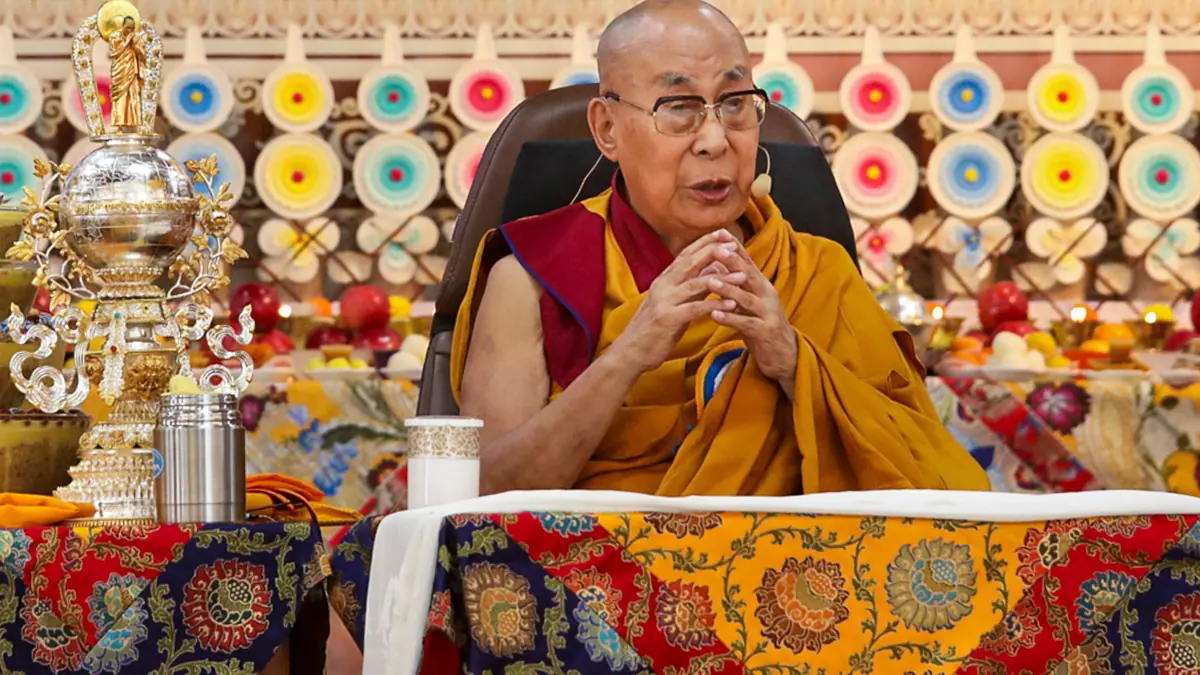 Image Source: Business Today
Image Source: Business Today
A diplomatic confrontation has erupted between India and China after Beijing reiterated its claim of control over the succession of the 14th Dalai Lama. In a categorical denial, India has said the question of the Dalai Lama's succession is a purely religious matter and has to be decided by the Tibetan spiritual leader himself and through historic Buddhist tradition.
Union Minister Kiren Rijiju, prior to Dalai Lama's 90th birthday celebrations in Dharamshala, stated:
"No one other than the Dalai Lama has a right to decide who is to be the next Dalai Lama. His own choice should be made according to his wishes and traditional spiritual practices."
The remarks came after a series of remarks by China's Foreign Ministry, cautioning India against "meddling in China's internal affairs" and seeking Chinese approval for the reincarnation of the Dalai Lama through the so-called "Golden Urn" process—a Qing dynasty-era ritual which has been earlier rejected by the Dalai Lama as politically motivated.
What Caused the Tension?
-
Dalai Lama's Statement: The Tibetan spiritual leader again stated that the Gaden Phodrang Trust, his de jure institution, will have absolute discretion to decide on his reincarnation.
-
Reaction of China: Beijing labeled the Tibetan government-in-exile a "separatist political group" and insisted that the future Dalai Lama is to be born in China and will need to be approved by the central government.
-
India's Position: India rejected China's claim, asserting that the Dalai Lama is a most revered religious figure and that his succession is not political.
Strategic Implications
-
The issue of Dalai Lama succession has been a prickly geopolitical fault line between India and China, especially in the context of Dalai Lama's exile in India since 1959.
-
India's public demonstration of solidarity with Dalai Lama's independence is seen as a diplomatic gesture amidst border tensions and overall strategic rivalry with China.
-
The controversy surrounding succession could decide the destiny of Tibetan Buddhism, for fears that China could attempt to place an administrator-approved heir to secure its grip over Tibet.
Sources: India Today, The Week, Zee News, The Telegraph, Straits Times
Advertisement
Advertisement






